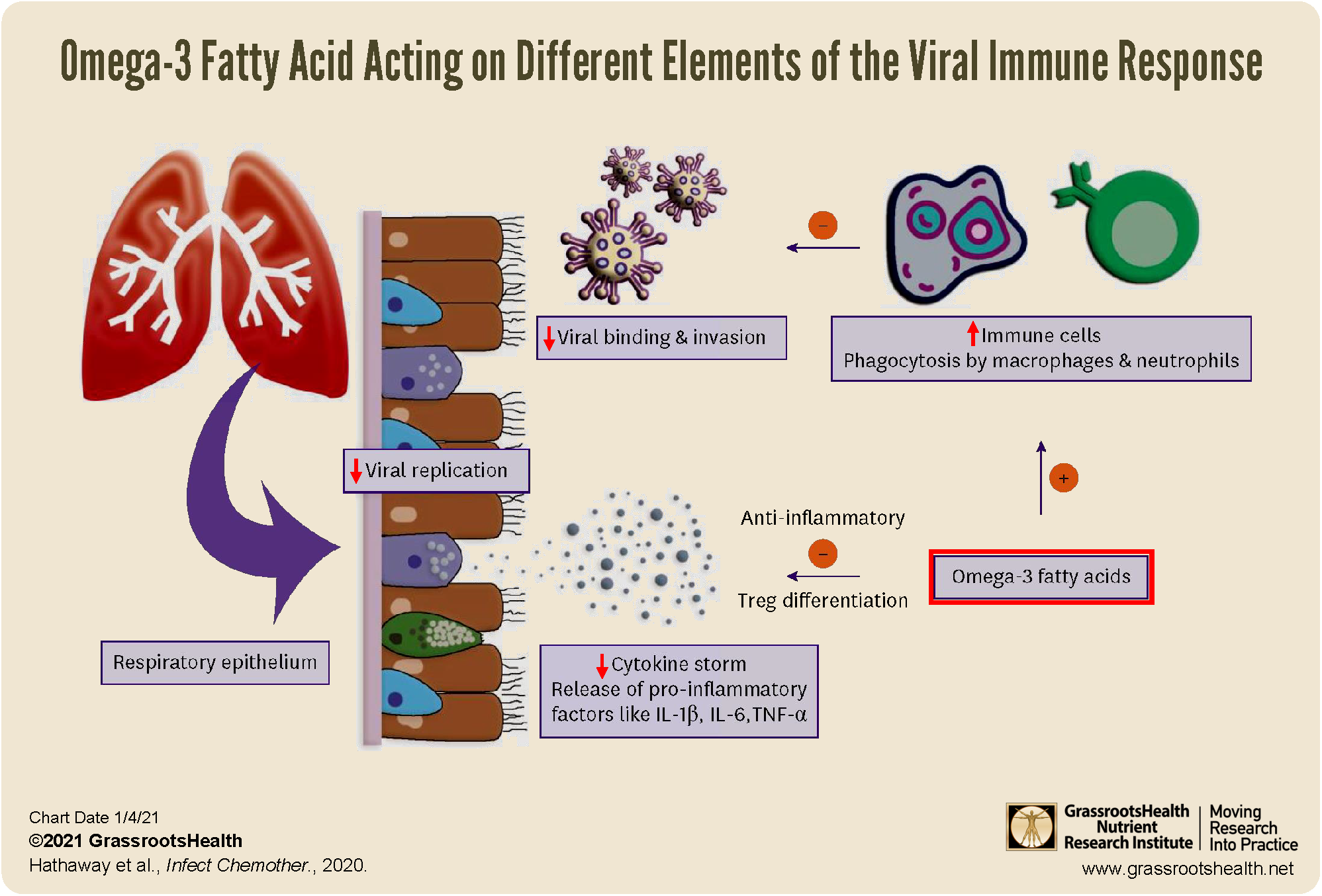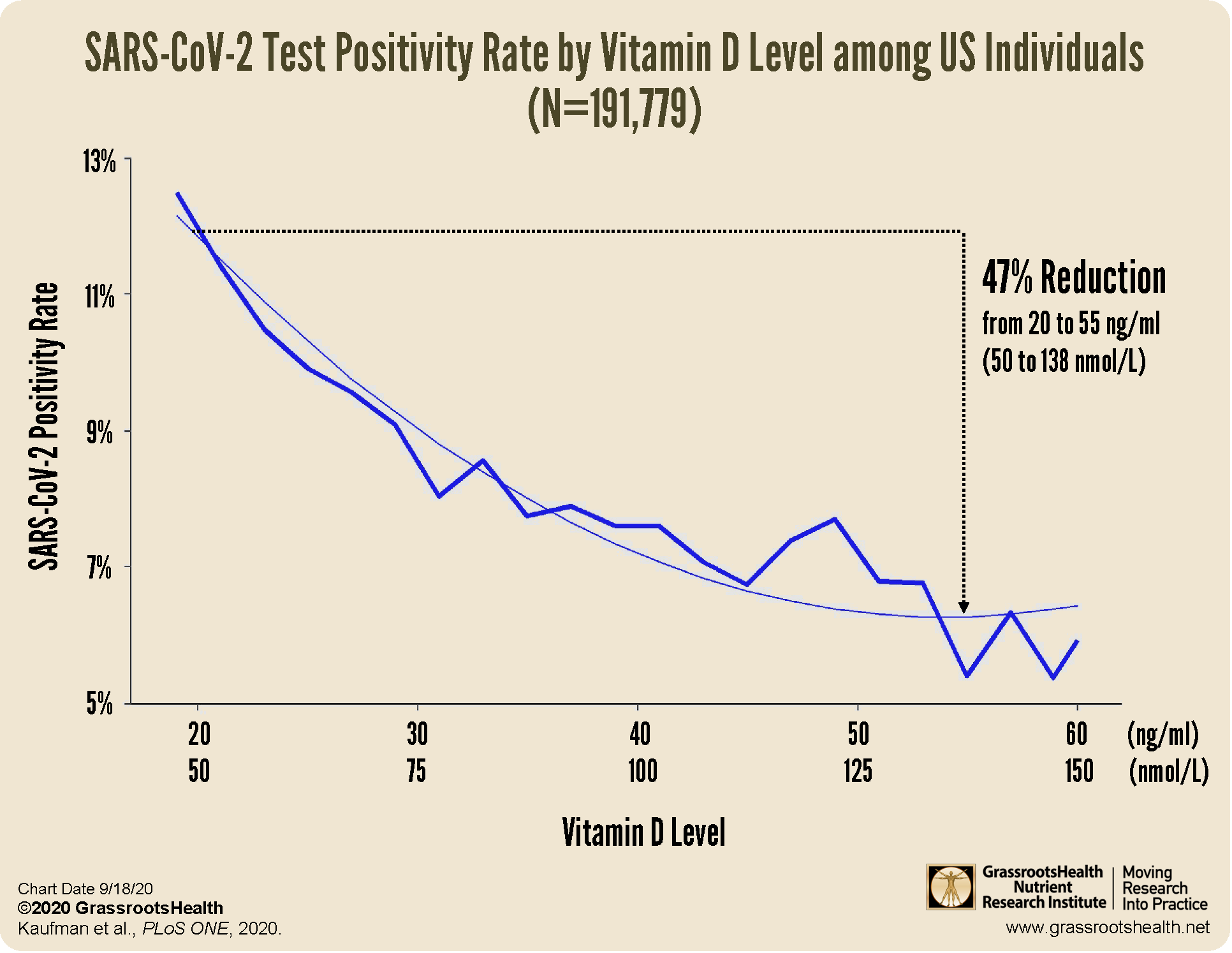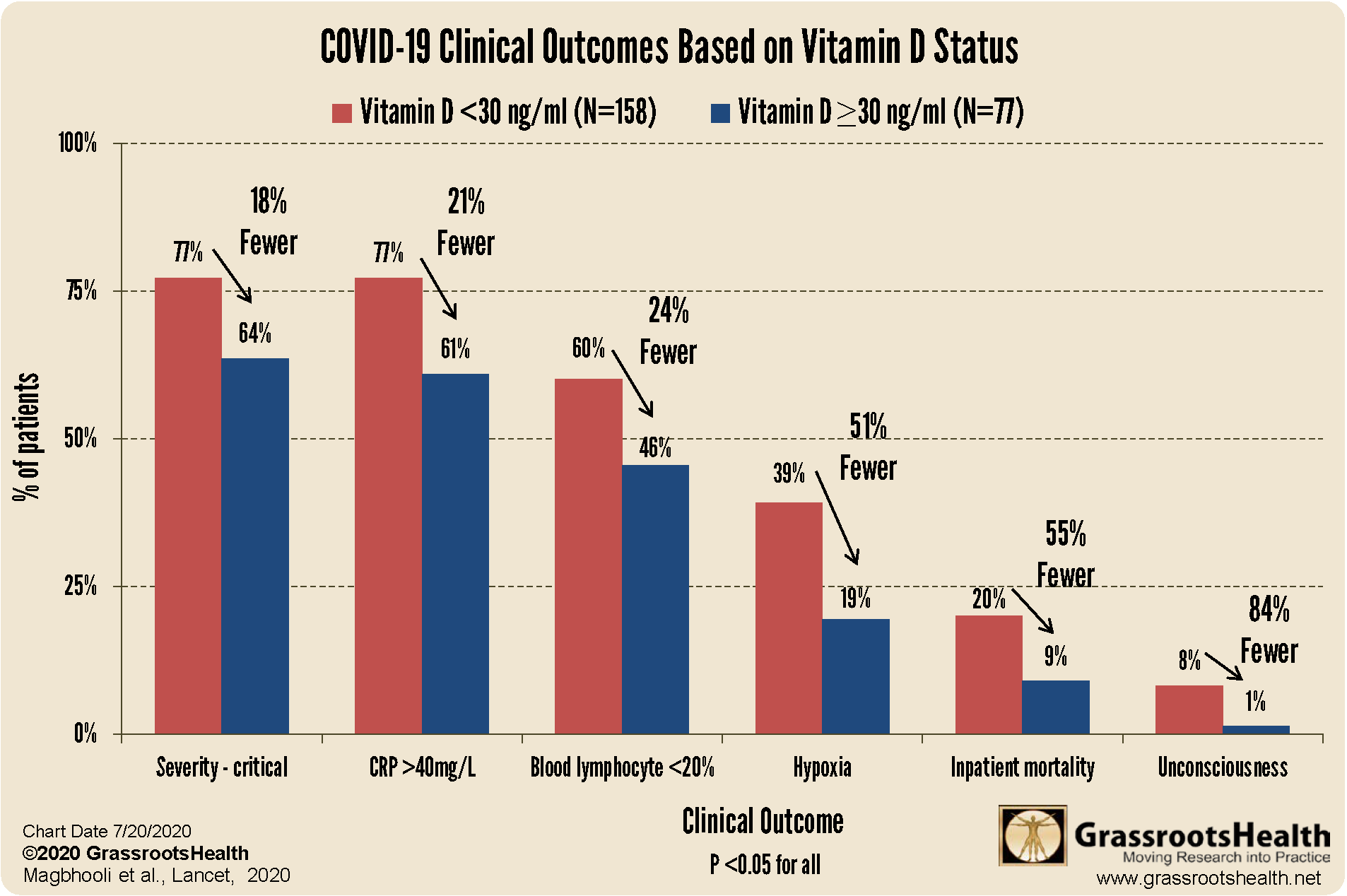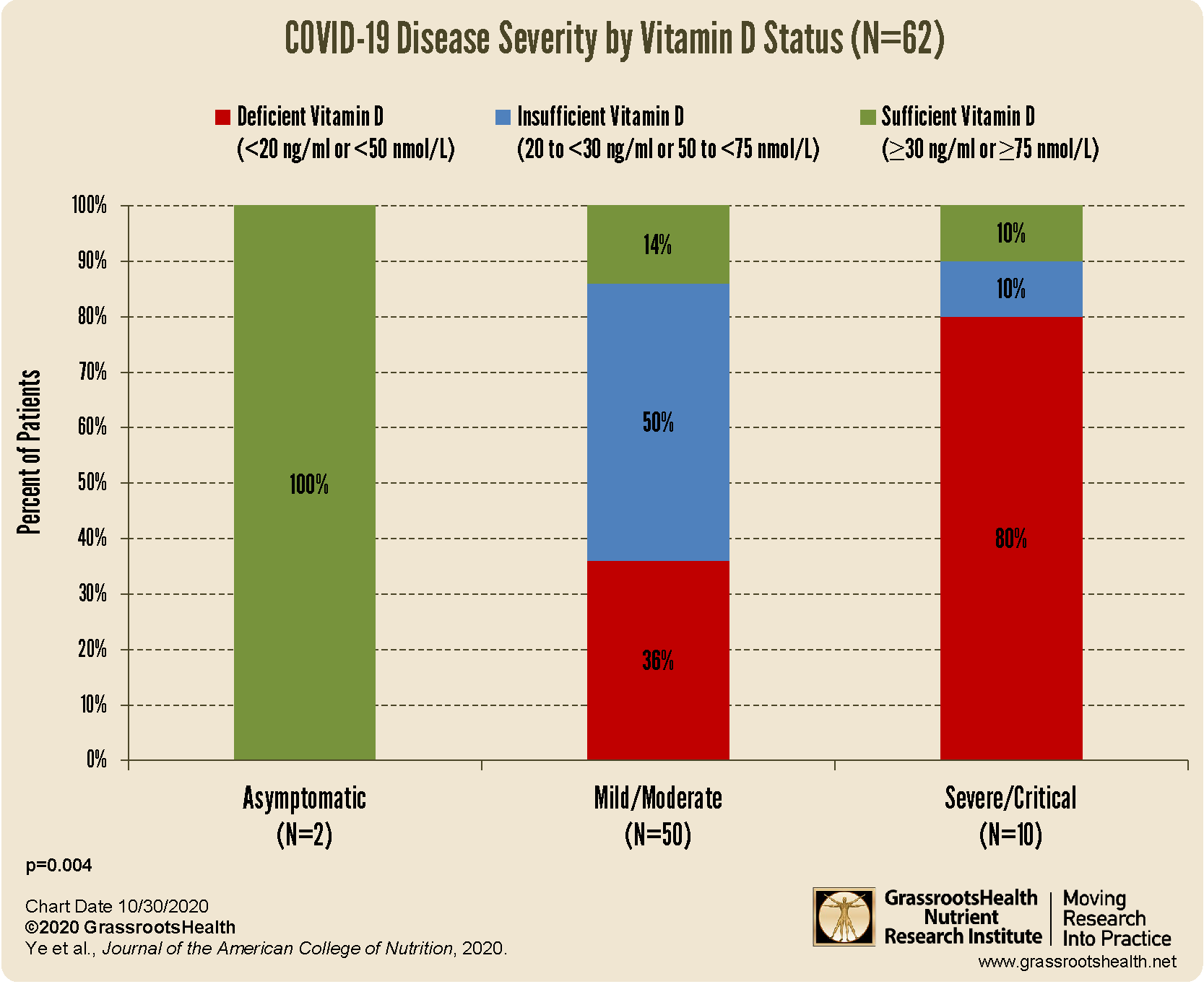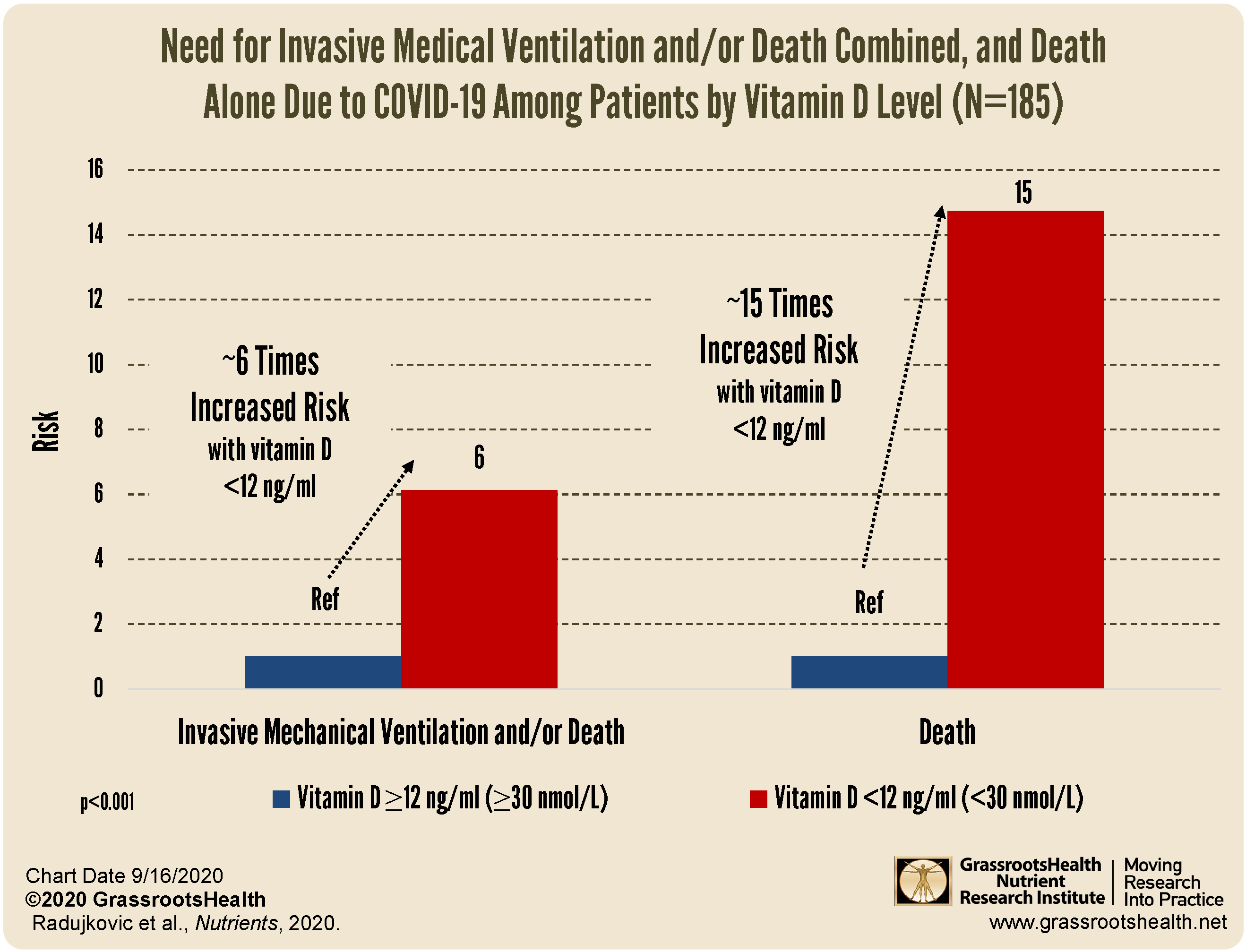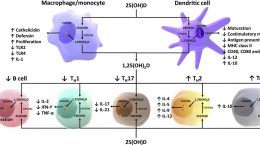Published on January 6, 2021
What roles do omega-3s play in the immune response to viral infections, and could they help in the case of COVID-19?
The past several months, we have talked a lot about how vitamin D has been shown to help prevent the incidence and severity of COVID-19 disease. We have also touched on other nutrients, such as zinc, magnesium, vitamin C and selenium.
What About Omega-3s and COVID-19?
 Both omega-3 and omega-6 fatty acids are important components of cell membranes that contribute to the structure, fluidity, flexibility, enzymatic activity and signaling between cells. The balance of omega-3s and -6s within the cell membranes is of key importance, particularly in the regulation of inflammation, and this balance ultimately contributes to disease protection or susceptibility.
Both omega-3 and omega-6 fatty acids are important components of cell membranes that contribute to the structure, fluidity, flexibility, enzymatic activity and signaling between cells. The balance of omega-3s and -6s within the cell membranes is of key importance, particularly in the regulation of inflammation, and this balance ultimately contributes to disease protection or susceptibility.
In previous posts, we have discussed the roles of omega-3s in lowering inflammation and working with omega-6 fatty acids to maintain the balance of inflammation in the body. Besides its effect on inflammation, omega-3 fatty acids are also important for improving the immune response through the activation of certain immune cells.
Today we will summarize a review by Hathaway et al. that discusses the anti-inflammatory, immune-modulating, and potential antiviral roles of omega-3s and how they may contribute to the prevention of and response to COVID-19 disease.
Anti-Inflammatory Activity of Omega-3s
When the body is infected with a microorganism, such as a virus like SARS-CoV-2, infection leads to several responses from cells of the immune system, one of which is an appropriate activation of the inflammatory response. Omega-3s and omega-6s in the cell membrane are activated in different ways to play different roles in inflammation. Omega-6s (such as AA) are essential for initiating and sustaining the inflammatory response – a physiologic function necessary for healing from injuries and infection. Omega-3s (such as DHA and EPA) are anti-inflammatory and promote the resolution of the inflammatory process.
Pro-inflammatory eicosanoids produced from omega-6s are important chemicals in the immune system at the beginning of an infection. However, when too many of them are produced, they can suppress the immune system, promote blood clotting and increase inflammation and inflammatory disease. Unfortunately, a majority of the population consumes too many omega-6s and too few omega-3s, which leads to an abundance of omega-6s in the cell membrane, and therefore, a propensity to increased inflammation and inhibition of the immune response.
In contrast, omega-3s may counteract chronic inflammation. In fact, one study found that over 3 months individuals receiving DHA supplements had significantly lower levels of several markers of inflammation (including CRP and IL-6) compared to those receiving a placebo.
Omega-3s Improve the Immune Response
Omega-3 fatty acids play a direct role in immune system function. They are incorporated into the membrane of immune cells, and have been shown to increase the activation of specific immune cells, such as macrophages, neutrophils, and dendritic cells (the first-responders that help identify pathogen or virus in the case of an infection), T-cells (that destroy the pathogen or virus) and B-cells (to remember the pathogen or virus and act immediately to destroy it in the case of a future infection), among others.
One study on DHA supplementation during pregnancy and breast feeding showed that omega-3 supplementation resulted in an improved immune response of the infant. Specifically seen in this study was a higher percentage of CD4+ naïve T cells with lower IFN-gamma production in both CD4+ and CD8+ T cells – this translates into lower levels of inflammation which limits tissue damage during infections. Memory CD8+ T cells play a role in fighting off viral infections and higher levels may improve that response as well.
Omega-3s Have Anti-Viral Actions!
With the above noted effects of omega-3s on immune cells necessary for fighting a viral infection, it is clear that omega-3 fatty acids have the potential to enhance the antiviral response. The diagram below illustrates this even further:
As shown above, omega-3 fatty acids may help prevent COVID-19 disease by:
- Increasing the activity of immune cells needed to identify and destroy the virus, therefore decreasing the likelihood of viral binding and invasion
- Promoting T regulatory cell development and a controlled inflammatory process
- Inhibiting inflammation, decreasing the production of inflammatory chemicals, and preventing a cytokine storm
Are You Getting Enough Omega-3s?
The Omega-3 Index is the key measurement to determine your level of omega-3 fatty acids in the body. Along with the Omega-6:Omega-3 Ratio and the AA:EPA Ratio tests, you can get a clear picture of your omega fatty acid status. Are you getting enough omega-3s to support your healthy immune and inflammatory response? Test to find out!
By joining the GrassrootsHealth projects, you are not only contributing valuable information to our study, but you are also gaining knowledge about how you could improve your own health through measuring and tracking your nutrient status, and educating yourself on how to improve it. Do you know what your status of vitamin D, omega-3s, and other essential nutrients is? Could your levels be improved? Test now to find out!
 We now have a NEW GIFTING SERVICE that allows you to quickly send ‘Gift Cards’ to friends, family and coworkers who you consider might need immediate access to testing, and to Claim the Joy of Your Health TODAY. Give the gift today!
We now have a NEW GIFTING SERVICE that allows you to quickly send ‘Gift Cards’ to friends, family and coworkers who you consider might need immediate access to testing, and to Claim the Joy of Your Health TODAY. Give the gift today!
What does the Research Say about Vitamin D & COVID-19?
It’s TIME to start saving lives! If you can help PREVENT the majority of the death, it’s time! What’s it costing you/us not to take action NOW?
There is much published research that supports a clear link between vitamin D and COVID-19 showing that higher vitamin D levels are related to:
a decreased risk of testing positive for COVID-19
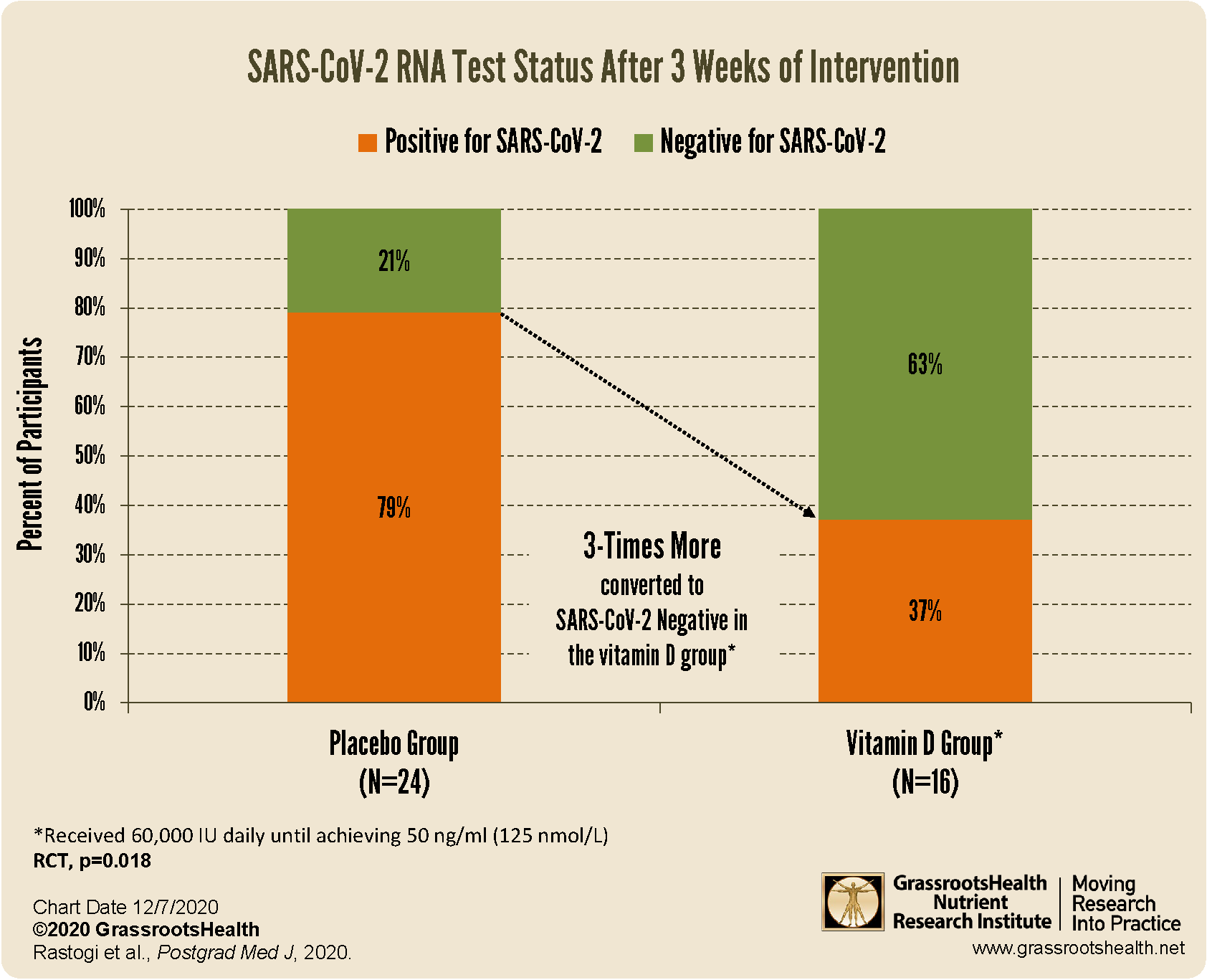 increased viral SARS-CoV-2 RNA clearance
increased viral SARS-CoV-2 RNA clearance
better clinical outcomes among patients with COVID-19
decreased risk of death due to COVID-19
Be sure to educate yourself on the benefits and importance of vitamin D for immune health, and take steps to ensure you and your loved ones are getting enough.
You can review all of the COVID-19 and immune health information we have shared on this page.


